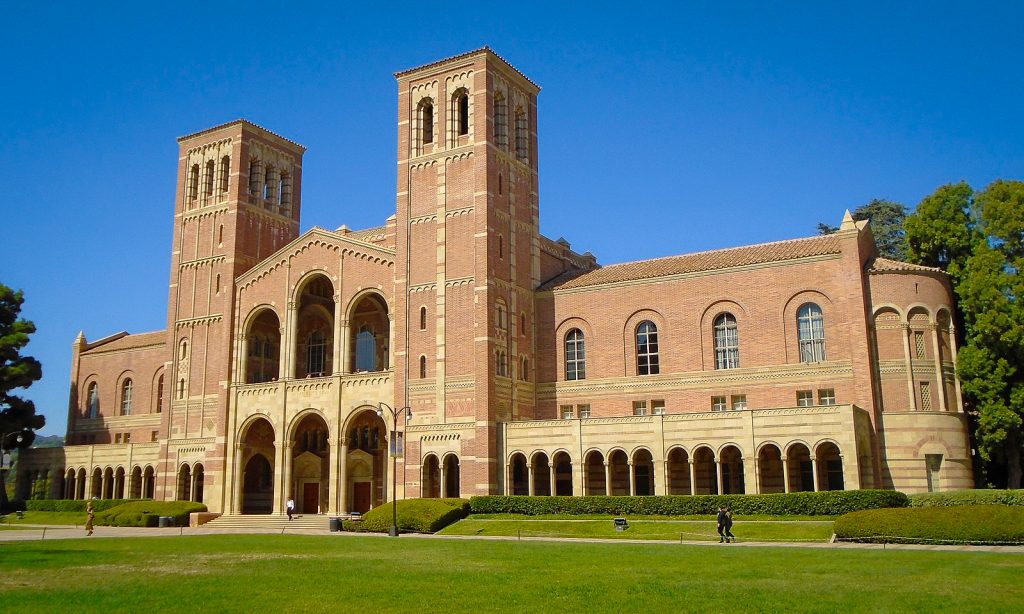
Scientists help us understand the natural world using observation and experimentation. They study everything from planets and asteroids to coral reefs in the ocean. Becoming a scientist involves going to college and learning more about one part of the natural world. For example, microbiologists focus on studying tiny things like bacteria and astronomers study the universe.
To better understand how to be a scientist…
LET’S BREAK IT DOWN!
Marine Biology: Studying Life in the Ocean
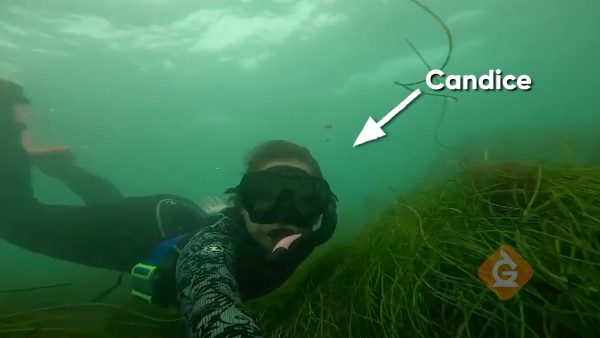
Biology is the study of living things, and marine biology is the study of living things in the ocean. That includes studying sharks, coral reefs, plankton, and more. Some marine biologists study just one animal and others study an entire ecosystem to understand how everything interacts.
Candice, pictured here, studies an invasive seagrass in the Caribbean, she wants to understand how this seagrass which is originally from the Indian ocean, will change the ecosystem. Since seagrass is at the bottom of the food chain, it gets energy from the sun and then many animals depend on seagrass for food, like turtles.
Changing the seagrass in an area could change the balance of the ecosystem in a major way. Candice studies these changes to make sure the environment is protected.
Physics: Studying Matter, Motion and Energy
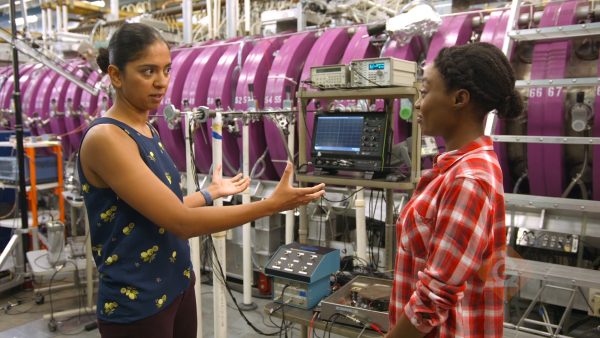
Physics is the study of matter, energy, and motion. Gurleen, pictured here, studies plasma, which is the 4th state of matter. If you heat a solid, it melts and becomes a liquid, if you heat a liquid it will turn into a gas. If you strongly heat a gas, the atoms rip apart and it forms a plasma. We can find plasma in lightning, flames and the sun is a giant ball of plasma.
If we can better understand how the sun works we can use that process to produce energy here on Earth. In her research, Gurleen makes plasma in a huge device and then collects data about it. She measures things like a magnetic field and an electric field produced by the plasma. Her research will help us understand more about plasma so we can eventually harness its potential as an energy source. Plasma is also needed to make electronics so understanding it can also help us make better computers and phones.
Chemistry: Studying Atoms & Molecules
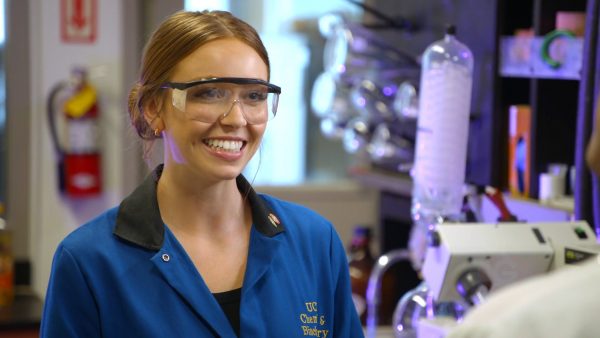
Chemistry is the study of atoms and molecules. Chemists study how molecules react and how they can be used in ways that help people such as making medicines. It is important to remember that everything around us is a chemical, from all the food you eat, to the dye in your clothing to the atoms that make up the screen of a phone.
Rachel, pictured here, is working on her PhD in chemistry. She studies ways of making new molecules for treating Alzheimer's disease. Alzheimer's disease is when you get old and some of your brain cells die so you start to forget memories. Rachel is working on making new molecules that could be used to treat the disease.
She uses the periodic table and does chemical reactions every day. Her discoveries could help people feel better and maybe one day she will even discover the cure.
Materials Science: Studying New Materials
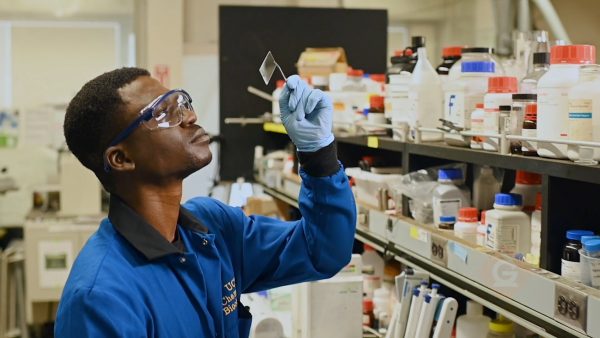
Material science is a field of science that makes new materials. That includes everything from touch screens, to the lens of a camera, to the materials inside batteries. Francis, pictured here, works to make better energy storage devices called "supercapacitors."
Supercapacitors are kind of like batteries but better! They can be charged and discharged in only one second, while it takes hours for a battery to do that. Francis is making new materials that would go inside supercapacitors to make them less expensive and work even better.
Francis grew up in Nigeria and went to elementary school there. He remembers studying with candles because the energy supply there was very unstable. He was inspired by this experience to work on energy storage solutions so that he can help future generations not have to study with candles like he did.
Engineering: Solving Problems Using Science
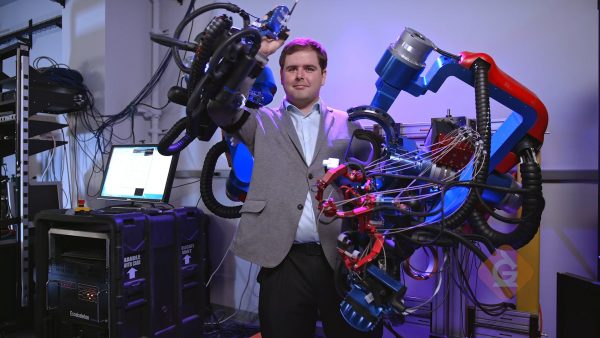
Engineering is using math, science, and creativity to solve problems. Engineers can work to make buildings, bridges, engines, rockets, electronics, and more. The difference between a scientist and an engineer is that scientists figure out how things work and then engineers apply that knowledge to solve problems.
Peter, the engineering student pictured here, creates robotic exoskeletons, which is a device someone wears over their body and it helps them move. This lets people get more physical therapy and practice moving more than they are able to now. It can even help them re-learn how to move after an accident.
By developing this technology, he can help millions of people with disabilities. If you are interested in engineering, check out our lesson all about the topic called "Engineering Design Process."
SCIENCE CAREERS VOCABULARY
SCIENCE CAREERS DISCUSSION QUESTIONS
What is biochemistry?
Do you need to have a PhD to be a scientist?
Do the many science fields have anything in common?
What is marine biology?
What is plasma?
What is the difference between a scientist and an engineer?
Skip, I will use a 3 day free trial
Enjoy your free 30 days trial
We use cookies to make your experience with this site better. By using this site you agree to our use of cookies. Click "Decline" to delete and block any non-essential cookies for this site on this specific property, device, and browser. Please read our privacy policy for more information on the cookies we use.Learn More
We use cookies to improve your experience. By using this site, you agree to our use of cookies. Click "Decline" to block non-essential cookies. See our privacy policy for details.Learn More






